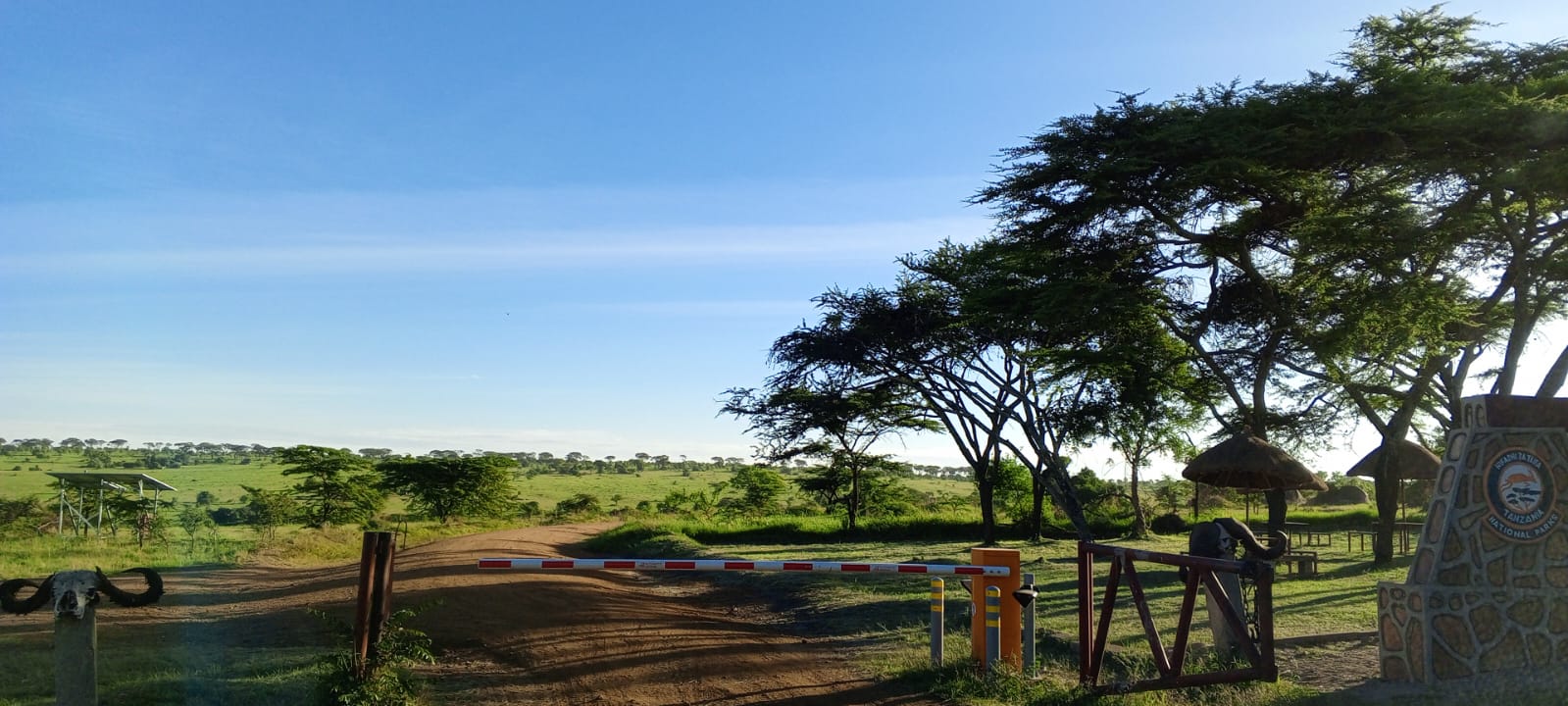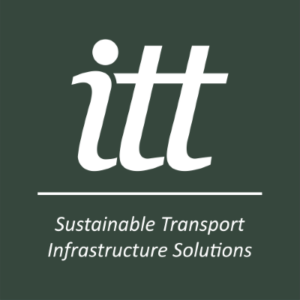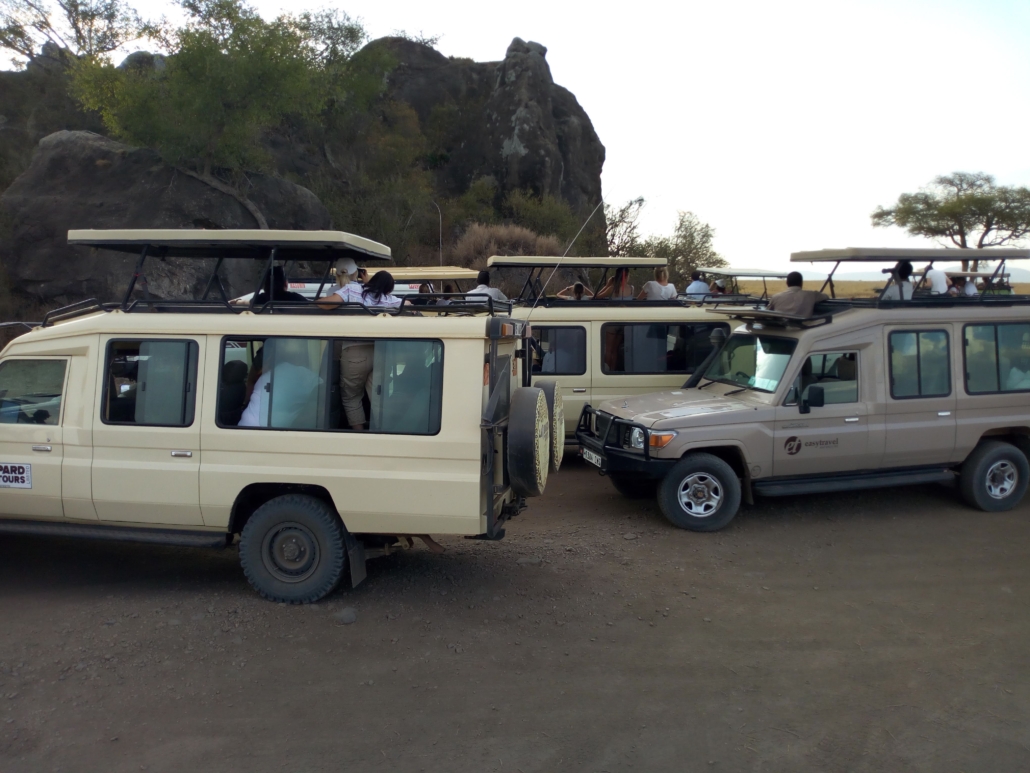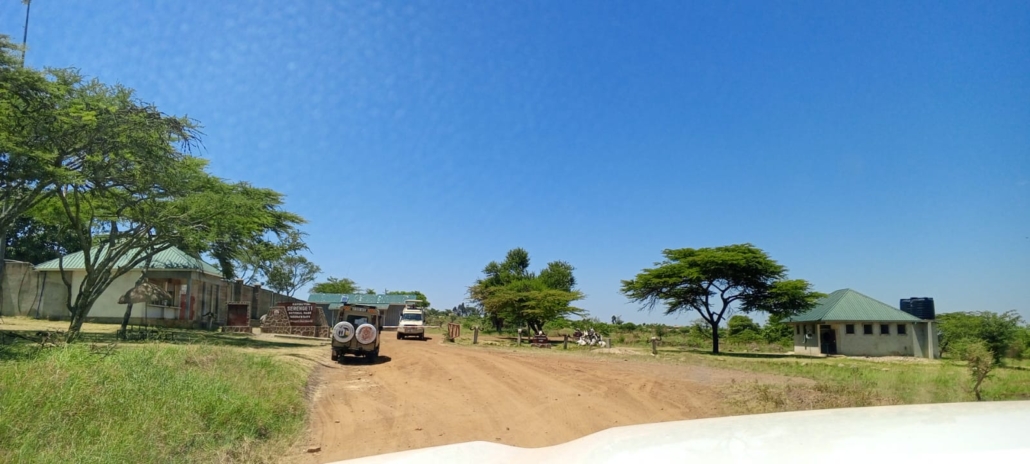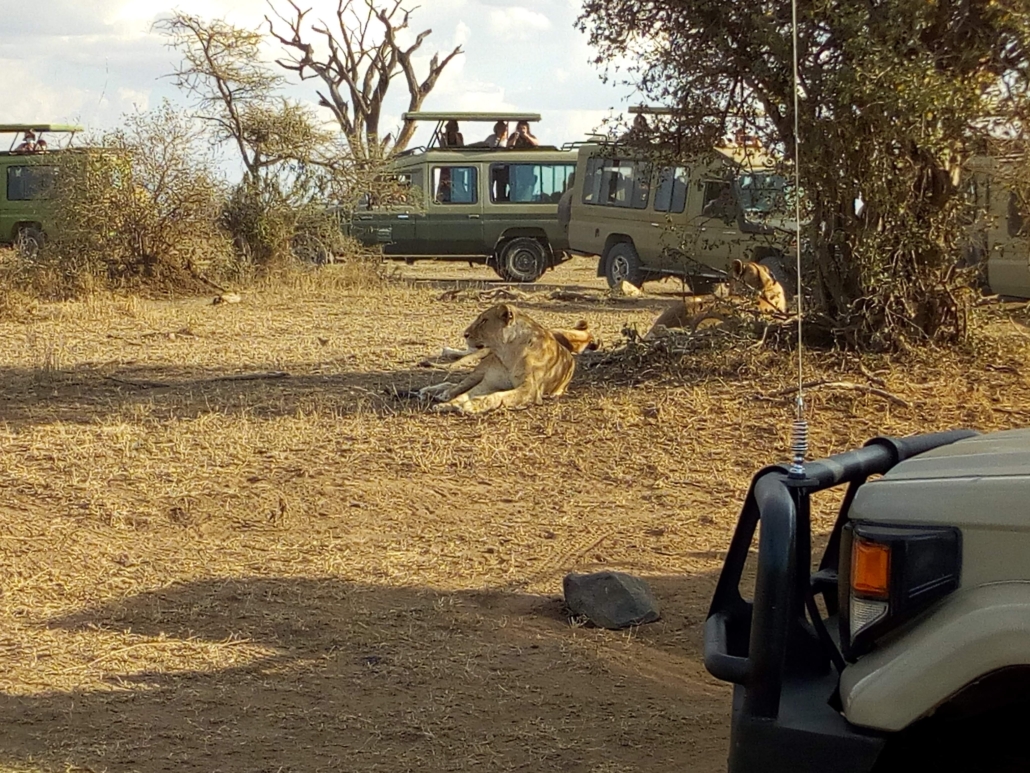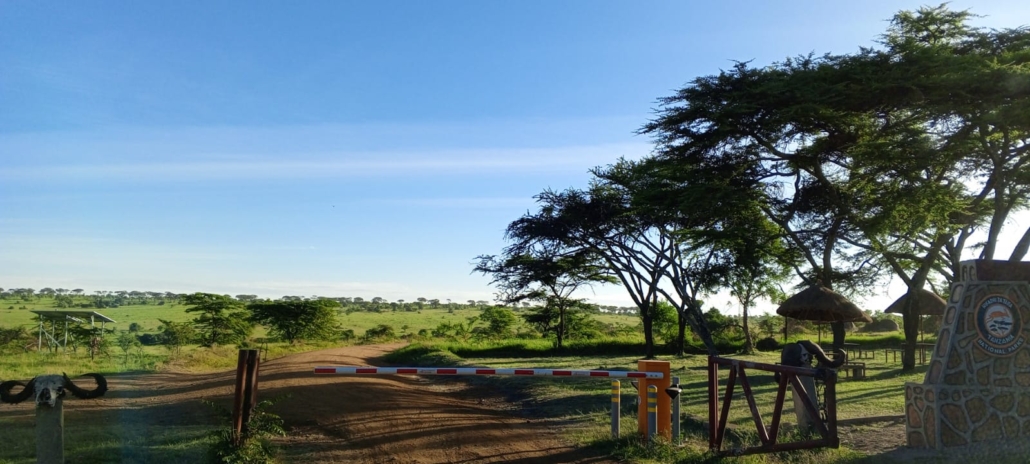Traffic Management for Protected Areas through Digital Solutions Project in Tanzania
With the financial support from KfW, Tanzania National Parks Authority (TANAPA) has awarded CDM Smith SE (CDMSmith) in association with IT Transport Ltd (ITT) the Traffic Management for Protected Areas through the Digital Solutions Project in Tanzania. The key objective is to develop a park-wide traffic management system incorporating digital technologies. This would lead to “Effective protection and sustainable use of the natural resources thus increasingly contributing to the economic and rural development in selected Districts while conserving globally important ecosystems.”
The Beautiful and vast Serengeti National Park, covering 14,763 square kilometers, is famed for its annual migration of around 2 million wildebeest, zebra, and antelope between Tanzania and Kenya. Its popularity draws some 500,000 visitors, mainly by motorized transport, causing increasing traffic issues. This influx strains the park’s ecosystems, heightening risks from tourist traffic. Current traffic controls prove insufficient against long-term harm like ecosystem disruption, wildlife harm, and roadkill incidents. Speeding, overcrowding, and unauthorized activities exacerbate these issues, seen not only in the Serengeti but also in other Tanzanian parks.
Stay tuned to see the progress of this assignment 😊
More....
ITT is tasked to implement the following activities
Procurement-related tasks: Procurement strategy and Planning, Market Analysis, Tender Document Issuance, Bid Process Management, Bid Evaluation, Contract Negotiation, Compliance Assurance, Risk Management, Vendor Management, Documentation and Reporting, Conflict Resolution and Collaboration.
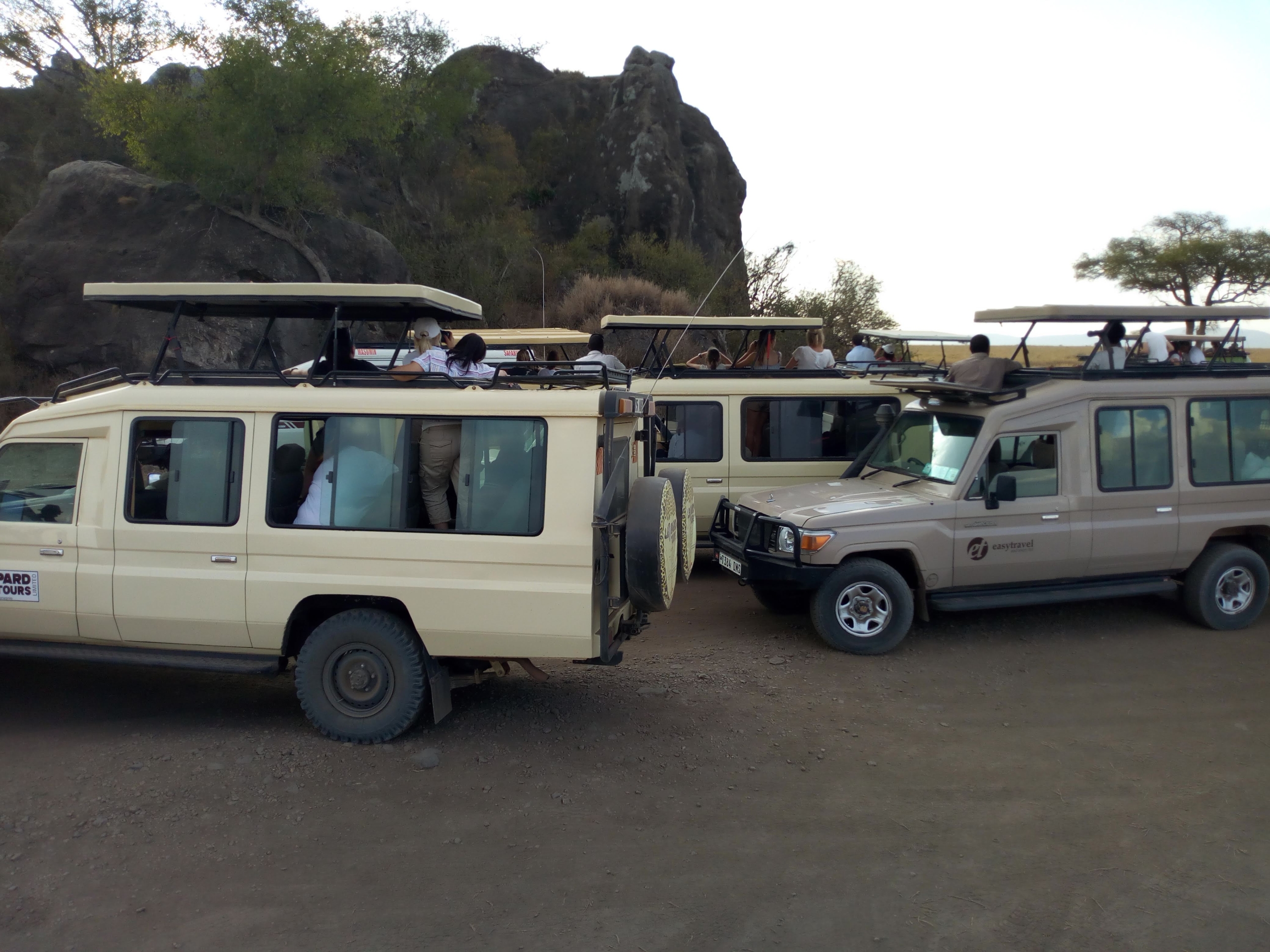
Social And Gender-related tasks: Gender Mainstreaming, Social Impact Assessment, Stakeholder Engagement, Capacity Building, Policy Analysis, Monitoring and Evaluation, Gender Analysis, Safeguard Policies, Documentation and Reporting, Conflict Sensitivity, Gender-Responsive Budgeting, Coordination and Collaboration.
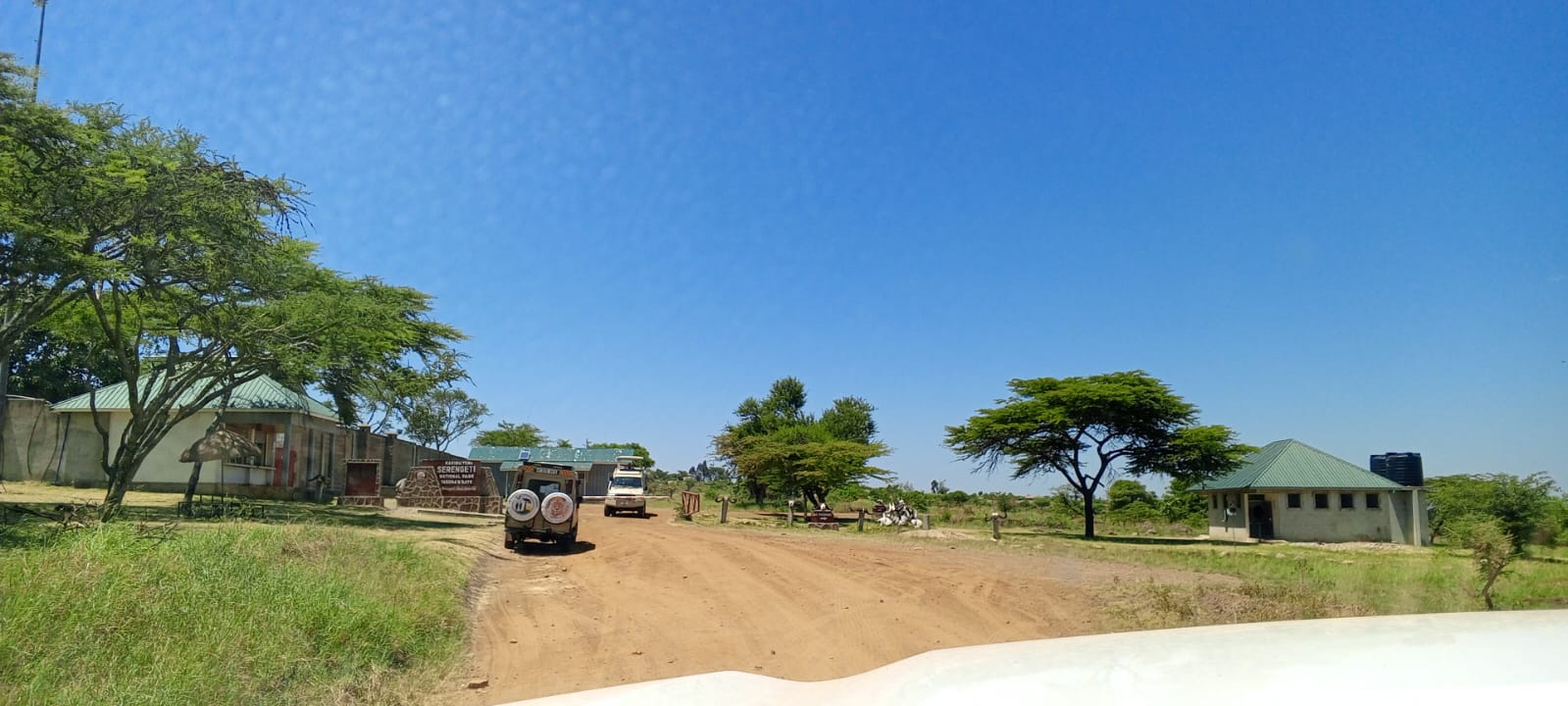
Training and Institutionally related tasks: Institutional Analysis, Training Needs Assessment, Training Program Development, Capacity Building Workshops, Monitoring and Evaluation, Documentation and Reporting, Technical Assistance, Coordination, Knowledge Sharing, Quality Assurance, Capacity Development Strategy, Stakeholder Engagement, Risk Management, Knowledge Management, Adaptation, and Flexibility.
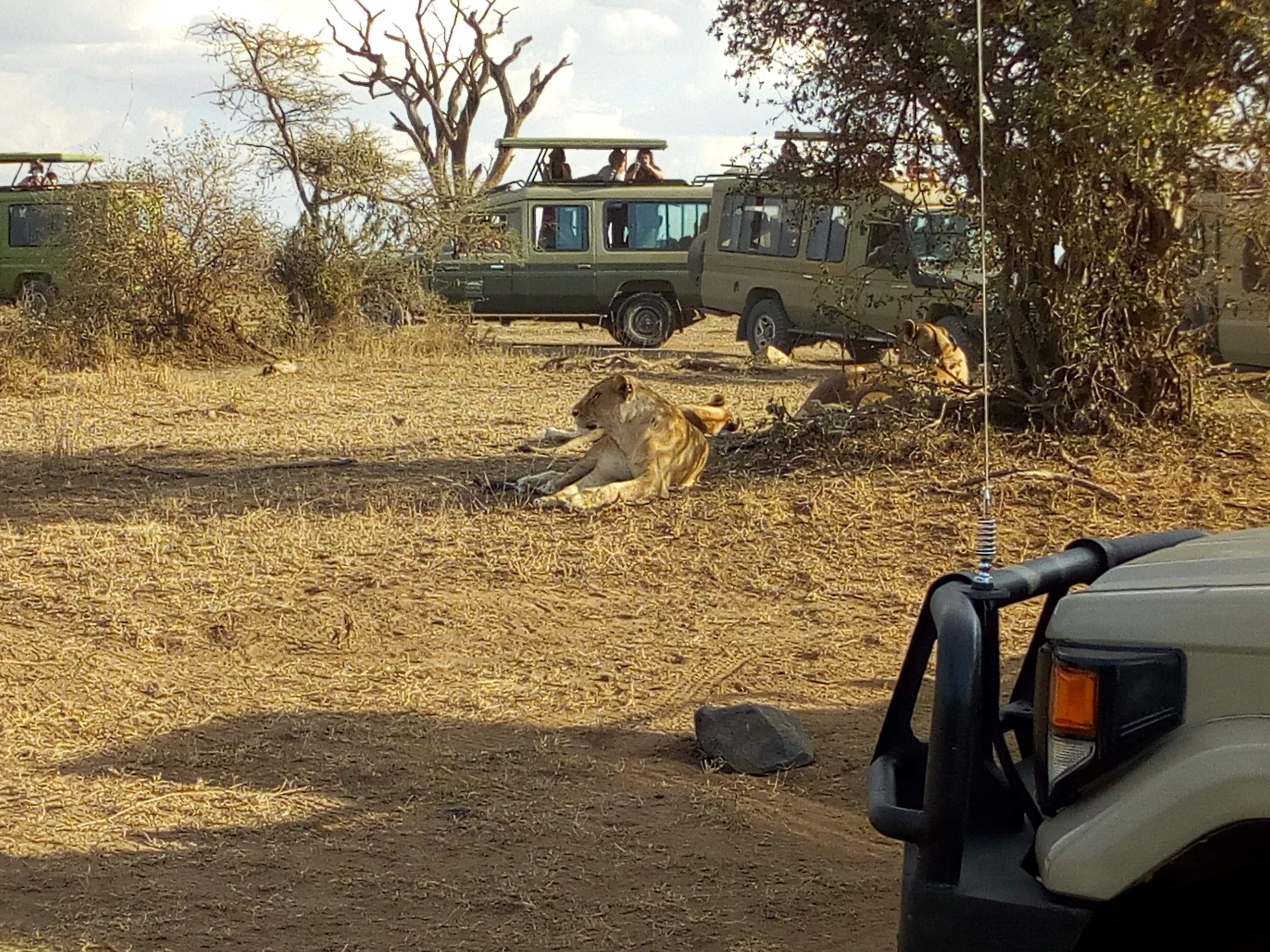
ESHS-related tasks: Environmental Impact Assessment (EIA), Stakeholder Engagement, Capacity Building, Monitoring and Evaluation, Documentation and Reporting, Conflict Resolution, Emergency Preparedness and Response, Continuous Improvement, Compliance with Safeguard Policies, and Reporting Progress.
